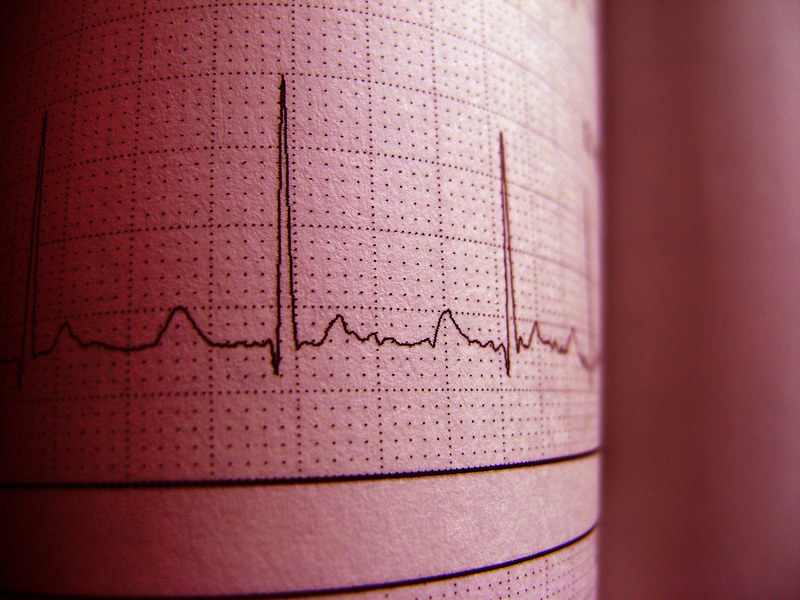Nineteen. Oh the joy of being 19 years old. Can you remember back that far? Reminisce on the butterflies you felt as you waited for your date to pick you up for your very first college party. Remember all the late night study sessions with new classmates which led up to your first big exam of the semester. Recall the feeling of excitement as you learned to explore the new freedom and opportunity found right at your fingertips. No longer a child, yet not quite an adult. So much life left to be lived at 19.
—
“Everyone listen up. This is a 19-year-old male declared brain dead after falling off a roof while intoxicated. Today, we have been given consent to take the heart, liver, pancreas, kidneys, bone and skin for organ donation. Let’s get to work.” I heard these words while walking into the operating room during the third day of my transplant surgery rotation. Our team had been called to participate in an organ procurement procedure. After extensive discussions, this nineteen-year-old’s family provided consent for a surgical procedure to remove organs for reuse in other people — an extremely honorable, yet incredibly difficult sacrifice.
I did not anticipate that this experience would be so jarring. As a full-time surgical assistant during my gap year before medical school, I had seen my fair share of surgeries. For more than 40 hours a week, I helped the surgeons, nurses and scrub techs with all aspects of preparing a surgical room and ensuring patient safety throughout each procedure. Even within my surgical clerkship as a third-year medical student, I had already completed my general surgery rotation. I had cut open a patient’s skin, touched their internal organs and stitched them back together. I felt well-versed and comfortable in the foreign world that is a surgical operating room.
Throughout all of these prior surgical experiences, I was comforted by the fact that the patients would wake up at the end of their procedures. They would be wheeled back to the post-anesthesia care unit to receive a big hug and kiss from their loved ones. They would eventually go home and return to their normal routine. For the first time in my life, however, I walked into an OR suite knowing that the patient lying on the metal table would not wake up. Every single person in the room understood that at some point during the procedure, the heart rate would flatline and the oxygen saturation would fall to zero. This time, the final surgical outcome would be death. Sure enough, as the patient flatlined, the surgery continued as the doctors procured the organs. I felt devastated and intrigued. The emotional part of my brain was crushed with intense sadness for this young man’s family. Conversely, the scientific part of my brain was reeling with questions about the basics of the surgical procedure and the pathophysiology behind the traumatic brain injury. I wanted to stop, pray, cry, scream and study all at once; I was truly overwhelmed by my complex emotional reaction to such a unique surgical scenario.
How do I balance my professional responsibility to participate in a surgery with my emotional response to watching someone six years younger than I am pass away? To this day, I still do not have the answer. I often think about the sacrifice his family made after being placed in an impossible situation. I admire them and mourn for them. I truly cannot imagine what they went through. What I can do, however, is reflect and grow from this experience as I continue with my medical education and career. Reflection on such experiences highlights the delicate balance between the scientific practice of medicine and its humanistic emotional consequences and also helps me accept that I will see more patients die throughout my career. While some deaths can be prevented — like this young man who wanted to have a few drinks with his friends — all deaths can be respected and honored. He died, yet several other patients were given renewed hope and joy as a result. In this way, his legacy lives on in the patients whose lives were saved by his ultimate gift. This six-hour experience gave me the most shocking and deeply-rooted reminder about the cold realities of death, new life and, ultimately, the power of medicine.
Image credit: Rezendeluan (CC BY-NC-ND 2.0) by polaristest

